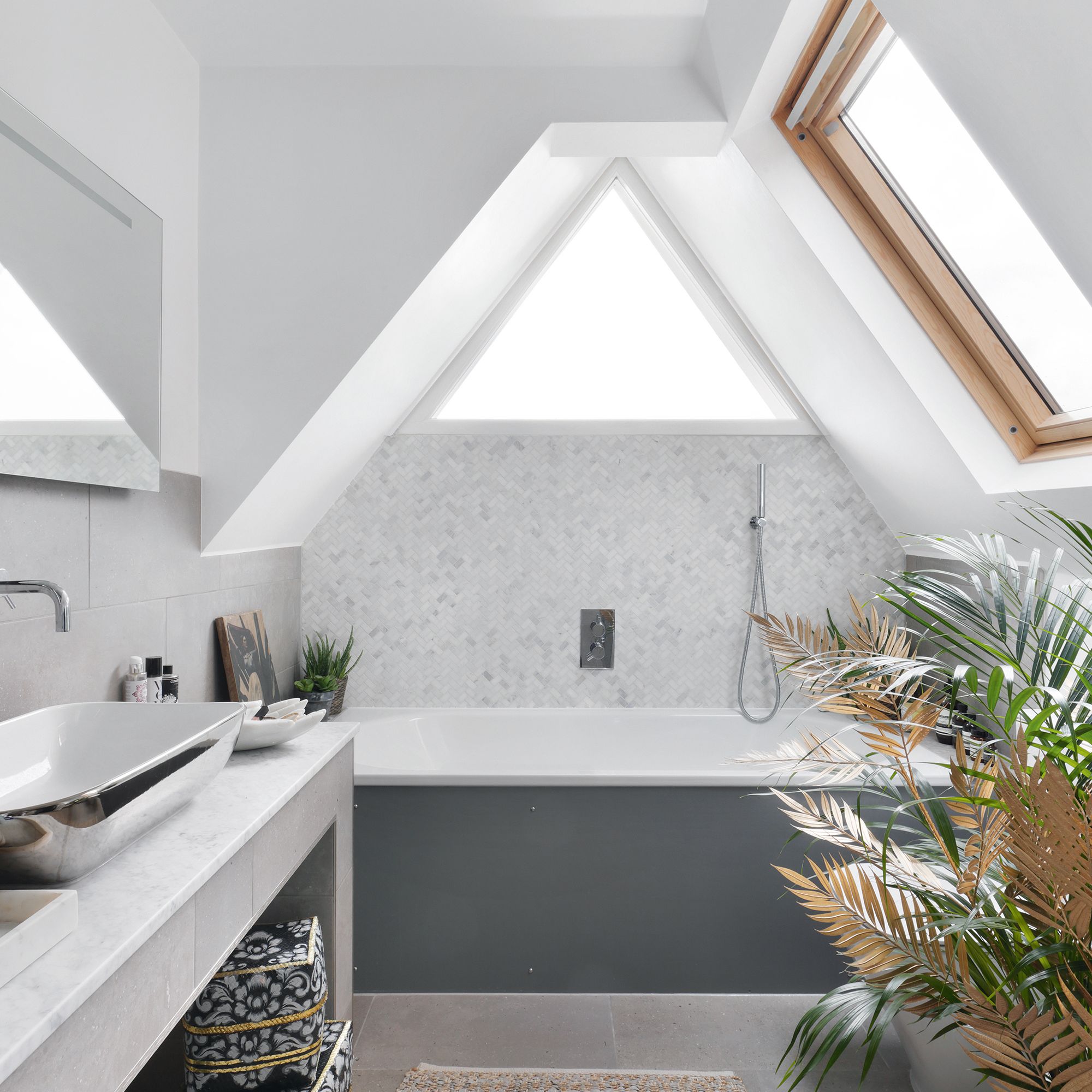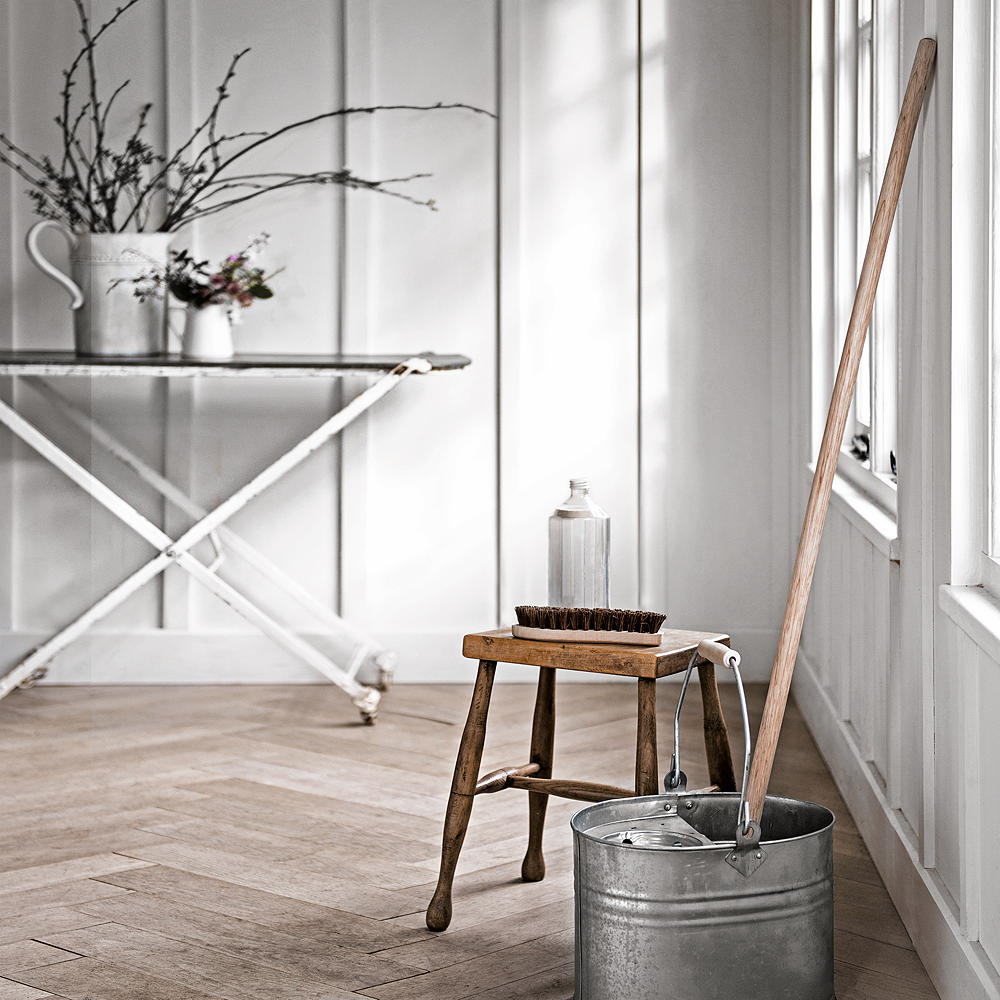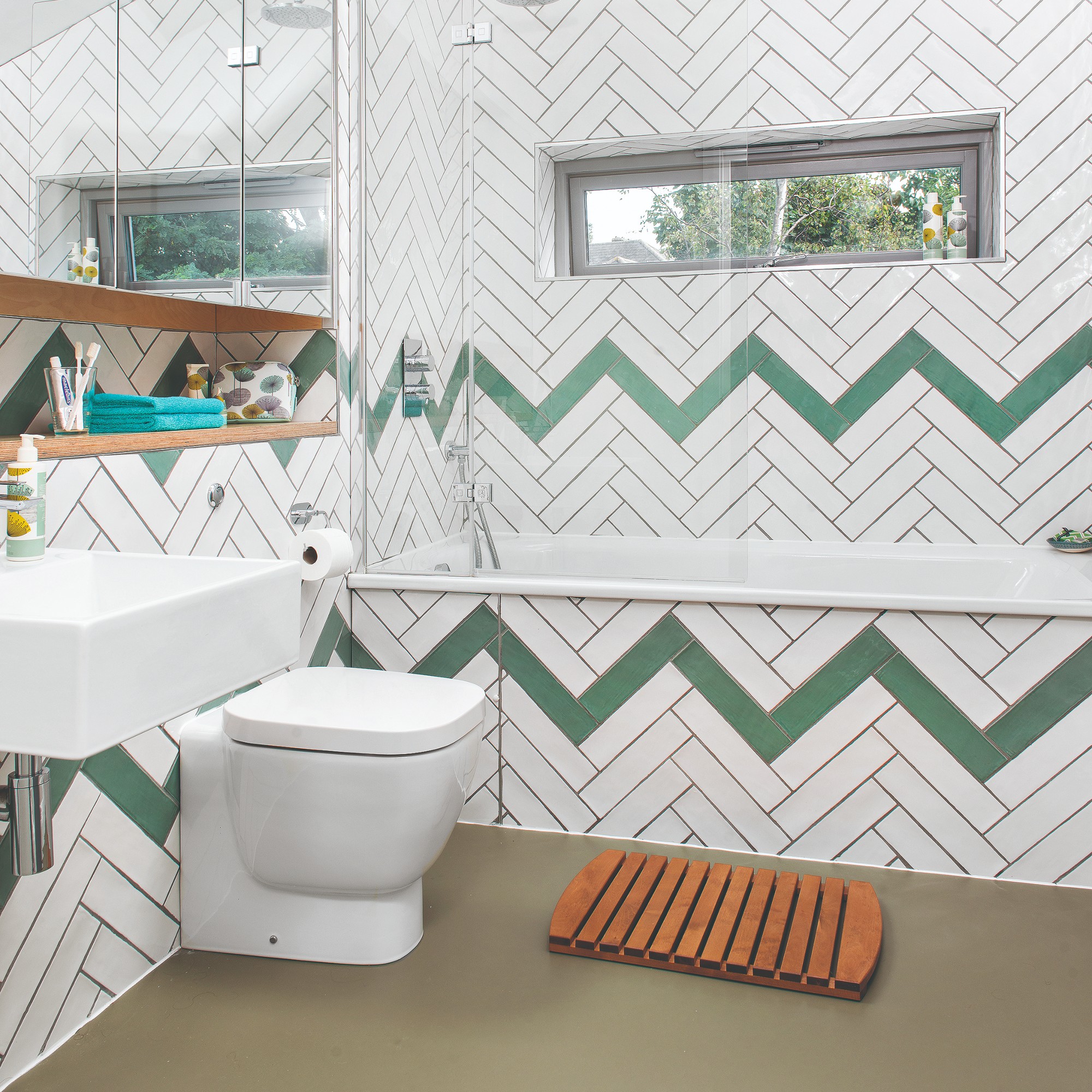Is a leak covered by home insurance? What you need to know...
A leak has the potential to cause significant damage to your home and needs to be repaired quickly. But will the leak be covered by your home insurer?

Water leaking in your home, whether it’s from a damaged or burst pipe, an appliance such as a dishwasher or your shower or toilet, could damage the structure of your home as well as its contents so the repairs and replacing affected items could be costly. So it’s essential to understand if a leak is covered by your home insurance provider, to avoid having to fund the repairs yourself.
Often called ‘escape of water’ in insurance policies, it is one of the most common reasons people claim on their home insurance. According to the Association of British Insurers, insurance companies pay out £1.8 million for escape of water claims every day.
And it's not just water you need to be wary of. You could even have an oil leak from a heating appliance or tank for an oil-fired central heating system.
Are leaks covered by a standard home insurance policy?

Standard buildings insurance, which covers the structure of your home, and contents insurance, which covers your possessions, generally cover damage caused by a leaking water tank, pipe, central heating system or appliance. Oil leaks are covered in a similar way.
The damage to the leaking items themselves won’t be covered unless it’s due to freezing but you may be able to claim for it on your home emergency cover if you’ve chosen to add this to your policy.
Your buildings insurance will also often help to pay for the cost of removing and repairing or replacing parts of the building to find the source of the leak.
If you’ve chosen to include accidental damage in your policy you’ll also be covered if you cause a leak yourself – by accidentally drilling into a water pipe or leaving taps on for example.
Get the Ideal Home Newsletter
Sign up to our newsletter for style and decor inspiration, house makeovers, project advice and more.
Policies vary, however, so you should always check the policy documents to find out exactly what is covered by your home insurance as well as, just as importantly, what isn't covered. Also make sure to be aware of the limits for each type of claim.
When is a leak not covered?

You are not covered by home insurance if the leak is caused by the failure or lack of grout or sealant as you are expected to maintain your home to make sure it’s in a good condition and protected from damage.
‘It is important to be aware that damage caused by wear and tear is unlikely to be covered,' explains Malcolm Tarling of the Association of British Insurers. 'And that there are likely to be restrictions/exclusions if your home is left unoccupied for a certain number of days, as specified in the policy,’ This could be 30 or 60 days.
You’ll have to pay the first part of any claim yourself, known as the excess. You won’t be able to claim if it’s for less than the excess and there may be a higher compulsory (minimum) excess for an escape of water claim than for other types. LV= charges £350 for example, compared to £100 for most other types of claim. Check the excesses that would apply before you take a policy out.
You may have to claim on both your buildings and contents insurance for damage caused by a leak – if walls as well as carpets and furniture are damaged for example.
In this case you could benefit from having both policies with the same insurer, as Sarah Smith, head of underwriting for home, pet and travel at LV General Insurance, highlights. ‘If you hold both buildings and contents with us, you only have one excess to pay, even if claiming on separate policies,' he explains.
What to do if you discover a leak

If you find a leak you need to act quickly. Turn off the stopcock inside your home (make sure you know where it is) to stop the flow of water and limit the damage then contact your insurer.
A leak may not always be obvious, however, so consider fitting a leak detection device and check accessible pipes, taps and bathroom fittings regularly for signs of leaks or dripping. Even a small leak could end up causing a major problem if left.
You can also use your water meter to check for leaks by turning off the external and internal stopcocks and checking it after an hour or so.
Top tips for avoiding a leak

- Be careful what you put down drains and toilets to avoid blockages.
- Avoid using appliances at night or when you are out so you can spot any leaks from them before they cause damage.
- Replace damaged tiles, sealant and anything else that could let water in straightaway.
- Check where pipes are before you drill into walls. You can use a stud finder.
- Consider turning off the water supply when your home is unoccupied.
- Keep your heating on for at least an hour a day if you’re away from home during winter.
- Always get appliances plumbed in by a professional.
- Make sure pipes in cold spaces are lagged.
-
 Wood drenching is the calming new twist on the colour drenching trend – here’s how to make the look work in your home
Wood drenching is the calming new twist on the colour drenching trend – here’s how to make the look work in your homeIt’s easier than ever to embrace natural materials
By Maddie Balcombe
-
 Aldi is launching a £200 day bed with four different features - its sleek design is suited to the whole family
Aldi is launching a £200 day bed with four different features - its sleek design is suited to the whole familyYou don't want to miss out on this Specialbuy
By Kezia Reynolds
-
 How to set up a drip watering system that saves water and a lot of effort
How to set up a drip watering system that saves water and a lot of effortKeep your plants hydrated (and your water bill down) with this clever garden watering solution
By Natalie Osborn
-
 You can claim back over £300 a year from HMRC if you work from home - here’s how to check if you’re eligible
You can claim back over £300 a year from HMRC if you work from home - here’s how to check if you’re eligibleWhen it comes to saving, every little helps
By Kezia Reynolds
-
 Experts have revealed the best day to renew your home insurance policy - you’ll want to do it sooner rather than later
Experts have revealed the best day to renew your home insurance policy - you’ll want to do it sooner rather than laterDon't leave this task at the bottom of your to do list
By Kezia Reynolds
-
 Is a variable rate mortgage ever a good idea? Experts weigh in
Is a variable rate mortgage ever a good idea? Experts weigh inOur money expert explains what a variable rate mortgage is, who they can be good for, and the pros and cons of this kind of mortgage
By Samantha Partington
-
 I’m a first-time buyer, what are my chances of getting a mortgage right now?
I’m a first-time buyer, what are my chances of getting a mortgage right now?And what you can do to increase your odds
By Rachel Wait
-
 Should you ever pay above the asking price for a home?
Should you ever pay above the asking price for a home?Our money expert explains whether you should ever pay over the asking price for a home, especially if house prices fall as predicted
By Samantha Partington
-
 Should I fix my mortgage and how long should I fix for?
Should I fix my mortgage and how long should I fix for?We speak to the experts to find out whether you should fix your mortgage and how long for as well as the impact further interest changes could have on your decision
By Samantha Partington
-
 We put your mortgage questions to two leading experts, here's what they said
We put your mortgage questions to two leading experts, here's what they saidAs mortgage panic continues, we've answered the most common questions - from when mortgage rates will come down, to when you actually have to pay stamp duty
By Samantha Partington
-
 'My mortgage is set to skyrocket - what should I do?' 5 potential solutions from a money expert
'My mortgage is set to skyrocket - what should I do?' 5 potential solutions from a money expertIf you're facing higher mortgage costs, our money expert explains various courses of action you could take to ease the pressure
By Samantha Partington